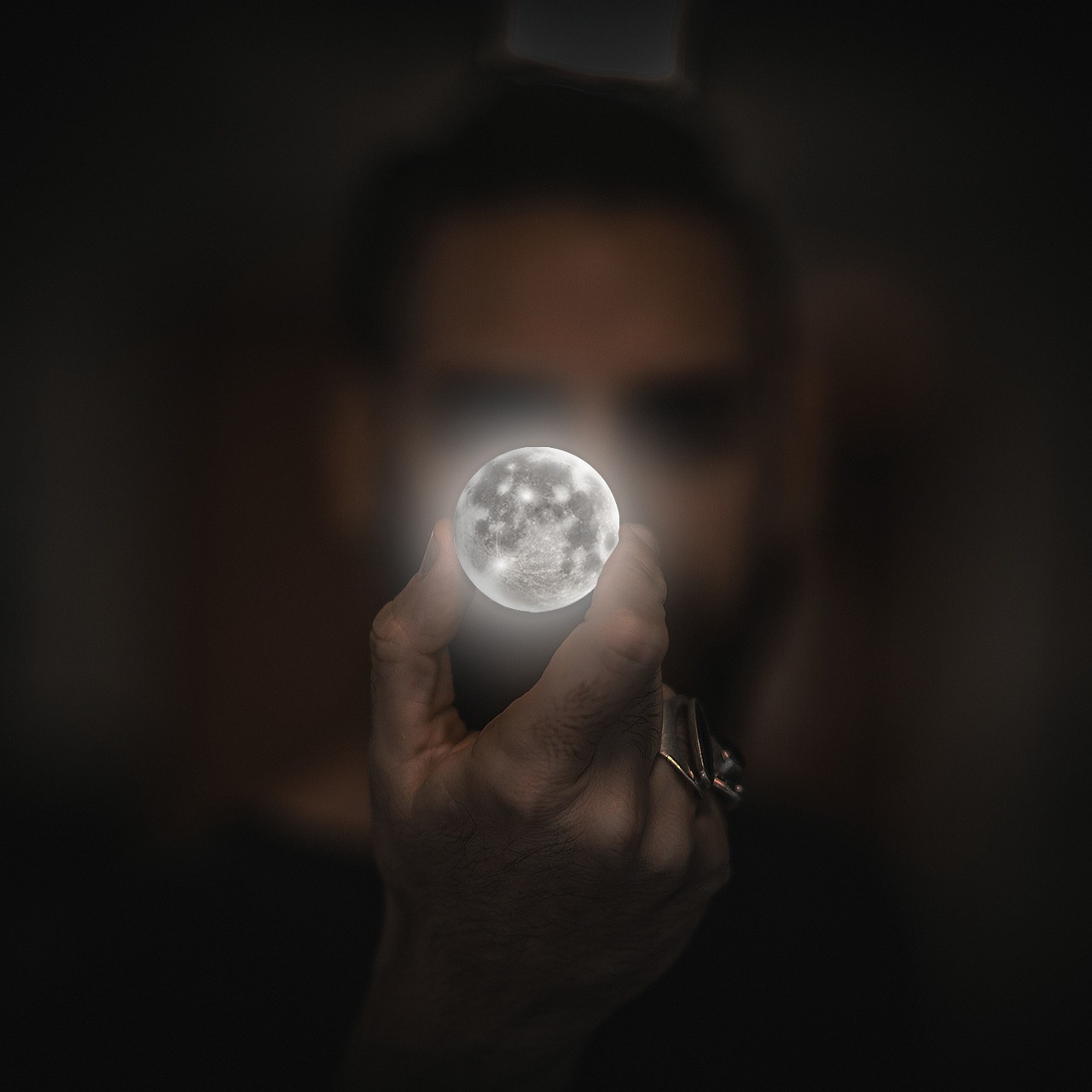
For centuries, people have connected full moons to strange behavior. Stories of werewolves, madness, and mysterious crimes have deep roots in folklore. But is there any truth to it? Can a full moon actually impact crime rates?
Let’s dive into what we know—and what we still wonder about.
A Long History of Suspicion
The belief that full moons affect human behavior isn’t new. In ancient times, people thought the moon’s glow stirred chaos. The term lunacy even comes from “luna,” the Latin word for moon. Police departments, emergency rooms, and even teachers have long claimed full moons bring more trouble than usual.
Many say they’ve seen more fights, arrests, or strange events during full moons. Some hospitals report more ER visits. Some officers swear they get more calls. But what does the data say?
What the Research Shows
The idea is fascinating, but the science is mixed. Some studies suggest a slight increase in crime during full moons. Others show no connection at all. One study from 1984 found more violent crime during full moons in Florida. But a different study, using data from across the U.S., showed no consistent pattern.
In short: science hasn’t fully confirmed a strong link—but it hasn’t ruled it out either.
Why It Feels Like Crime Increases
Even when statistics don’t support a spike, many still believe in the full moon effect. That could be due to something called confirmation bias. If you’re expecting wild behavior, you’re more likely to notice it. And if something unusual does happen, you may blame the moon—because you were already watching for it.
The full moon is also big, bright, and hard to ignore. It sticks in our minds more than an average night. So if something goes wrong, it’s easy to connect it to the moon.
The Role of Light and Sleep
There could be subtle reasons behind the belief. Full moons are brighter, especially in rural areas. That could lead to more people staying out late. More people outside can sometimes mean more opportunities for crime.
Full moons may also affect sleep. Some studies suggest people sleep less during a full moon. Poor sleep can lead to irritability or risky behavior. It’s not a direct link to crime—but it could influence decision-making.
A Psychological Pull
Even if the moon doesn’t cause crime, the belief alone can be powerful. Expectation shapes perception. Some people feel more emotional or on edge during a full moon. That heightened emotion might lead to poor choices or conflict.
In law enforcement and emergency work, the myth is so widespread that it becomes part of the culture. People might prepare for more chaos—not because it’s proven, but because it’s tradition.
Final Thoughts
The full moon has always captured our imagination. Whether it truly raises crime rates or not, it clearly affects how we see the world. Our minds look for patterns and connections—even in the night sky.
For now, the jury is still out. But the mystery lives on. So the next time a full moon rises and things get weird, you won’t be alone in wondering if there’s more to it.
Explore the connection between full moons and crime. Myth, science, and mystery collide in this look at lunar influence on behavior.
Related: Embracing the Energy of the Pink Full Moon
Lisa Crow contributed to this article. She is a true crime junkie and lifestyle blogger based in Waco, Texas. Lisa is the Head of Content at Gigi’s Ramblings and Southern Bred True Crime Junkie. She spends her free time traveling when she can and making memories with her large family which consists of six children and fifteen grandchildren.